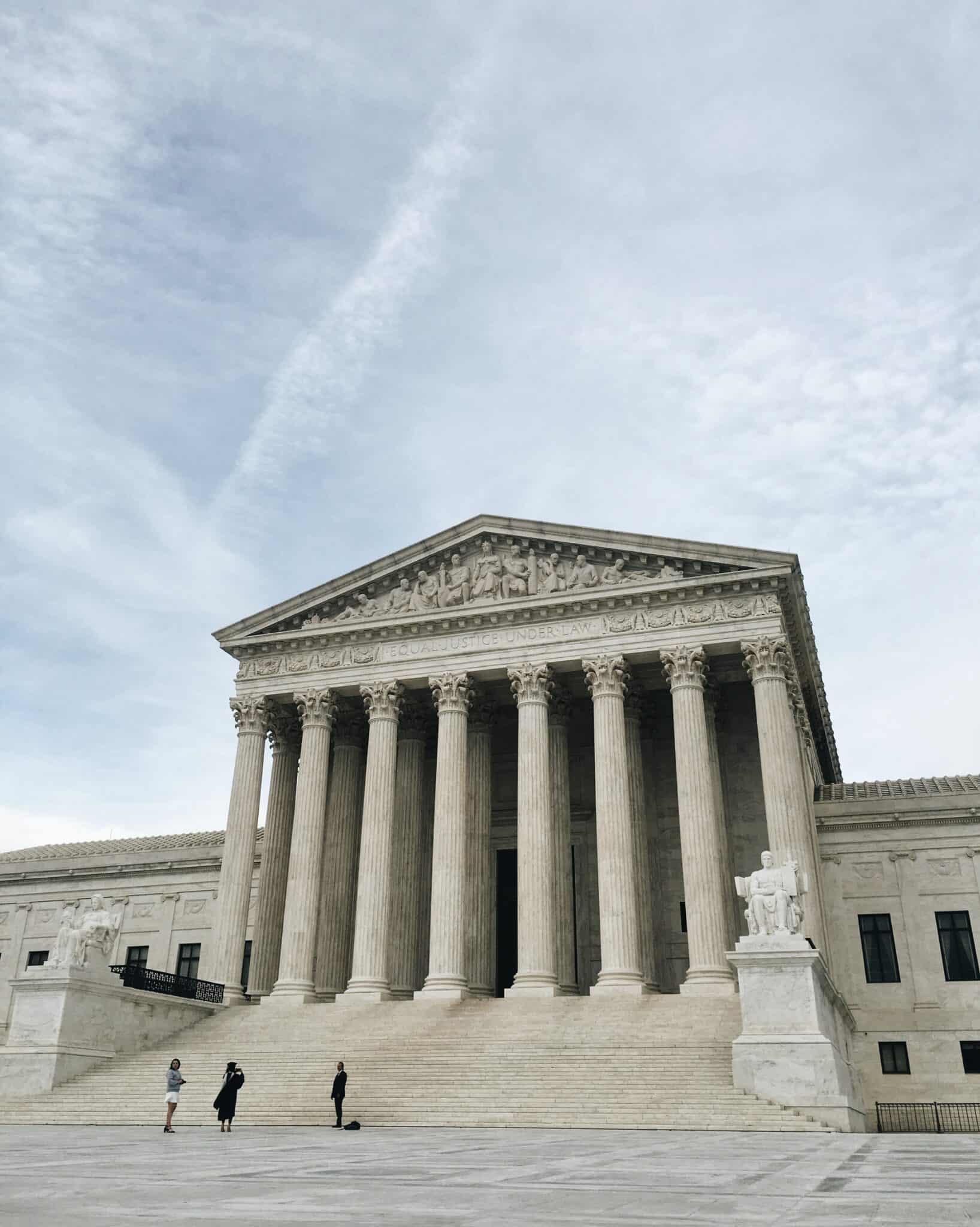Divya Nimmagadda is a student at Harvard Law School.
A federal judge in the district court for D.C., Judge Beryl Howell, heard arguments yesterday in the case – Wilcox v. Trump – brought by Gwynne Wilcox against the administration, challenging her removal from the NLRB. Reports state that Judge Howell appeared “skeptical” of the Trump administration’s interpretation of Humphrey’s Executor, a 90-year old precedent that helped establish the legality of independent agencies. As discussed earlier on this blog, the outcome of this case could dictate the future viability of independent agencies – a reality that Judge Howell acknowledged during the hearing, stating that “I realize for both sides this court is merely a speedbump to get to the Supreme Court.” The Trump administration is not outwardly calling for an overruling of Humphrey’s, but is rather arguing that the precedent is inapplicable because the NLRB is wielding executive power, rendering any removal protections outside the shield of Humphrey’s. However, despite the acknowledgement of an inevitable appeal, Judge Howell expressed doubt towards this argument: “The theory that has been pressed…is basically saying Congress doesn’t even have the power to set some conditions on the removal power at all. It’s up to presidential whims.” In another case, Dellinger v. Bessent, which is a challenge to the administration’s removal of Hampton Dellinger from his position as head of the Office of Special Counsel, a D.C. district court issued a temporary restraining order reinstating Dellinger for two weeks; the Supreme Court approved of the order, but noted that they may return to the issue upon its expiration.
Earlier this week, FTC Chair Andrew Ferguson announced a “Joint Labor Task Force” that would focus on anti-competitive behavior harming workers. This is a continuation of the Biden administration’s antitrust focus on labor markets – for example, the Biden FTC banned noncompete agreements, and issued new guidelines that drew more focus to labor implications of merger activity. Chair Ferguson, in his memo describing the task force, listed various focus areas, such as non-compete clauses and no-poach agreements. The memo also calls out DEI initiatives as an area of focus, noting that “collusion or unlawful coordination on DEI metrics…may have the effect of diminishing labor competition by excluding workers from markets, or students from professional training schools, on the basis of race, sex, or sexual orientation.”






Daily News & Commentary
Start your day with our roundup of the latest labor developments. See all
February 20
An analysis of the Board's decisions since regaining a quorum; 5th Circuit dissent criticizes Wright Line, Thryv.
February 19
Union membership increases slightly; Washington farmworker bill fails to make it out of committee; and unions in Argentina are on strike protesting President Milei’s labor reform bill.
February 18
A ruling against forced labor in CO prisons; business coalition lacks standing to challenge captive audience ban; labor unions to participate in rent strike in MN
February 17
San Francisco teachers’ strike ends; EEOC releases new guidance on telework; NFL must litigate discrimination and retaliation claims.
February 16
BLS releases jobs data; ILO hosts conference on child labor.
February 15
The Office of Personnel Management directs federal agencies to terminate their collective bargaining agreements, and Indian farmworkers engage in a one-day strike to protest a trade deal with the United States.